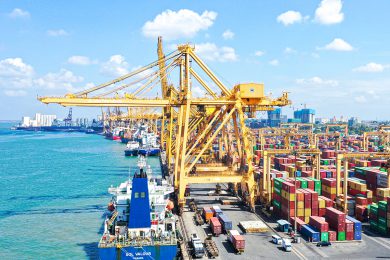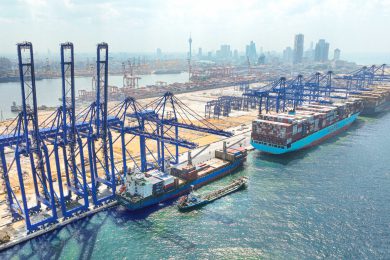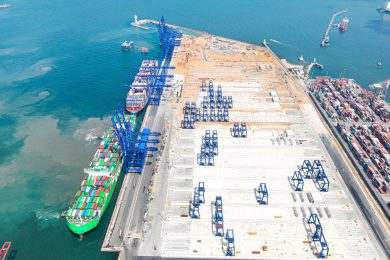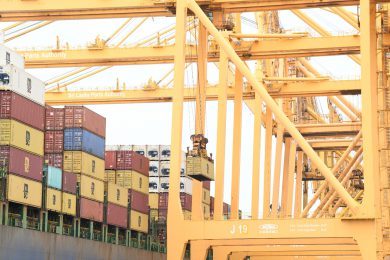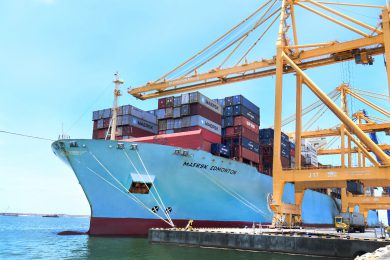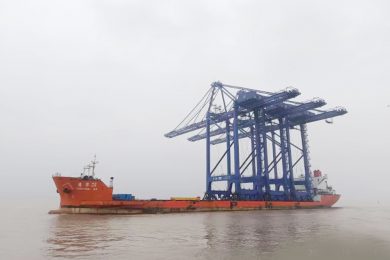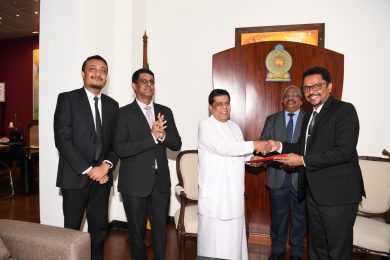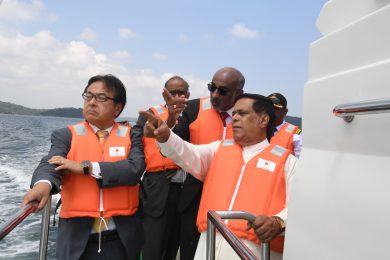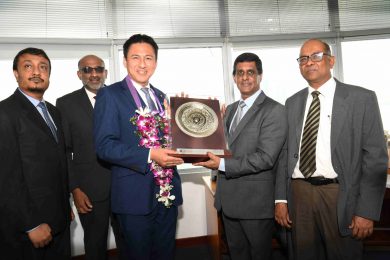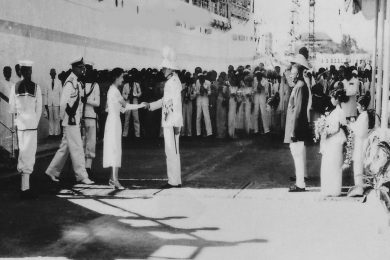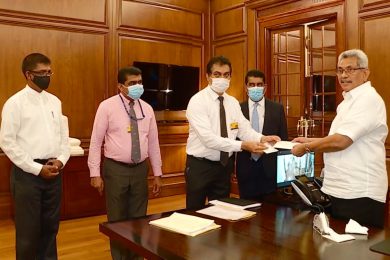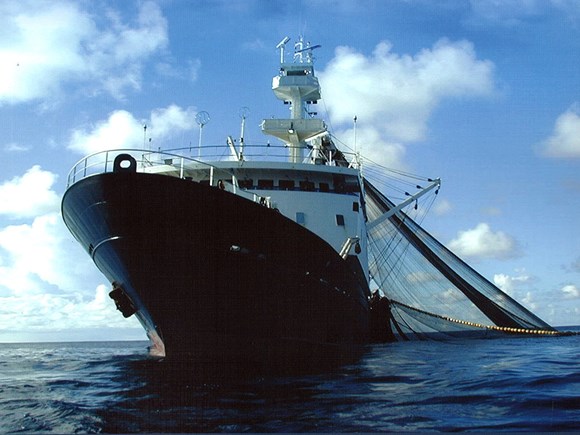Decision-makers from maritime administrations and fishery authorities were active participants in a webinar exploring the challenges and benefits of the 2012 Cape Town Agreement as a tool to drastically improve fishing safety. The two-day event, on April 13-14, saw stakeholders from the Middle East, North Africa and Mediterranean States share their progress towards ratification of the Agreement, which is yet to come into force.
The 2012 Cape Town Agreement sets outs minimum safety standards for vessels of 24-meters in length and over that are flagged with a signatory country. It will come into force 12 months after being ratified by at least 22 States, with an aggregate 3,600 fishing vessels meeting the length requirements operating on the high seas. As of the time of this regional webinar, it has been ratified by 16 Parties.
Speakers at the webinar highlighted the numerous benefits of ratifying the Agreement, including the ability to create a level playing field, as Parties to the Agreement have the power to request any vessels fishing in their territorial waters to implement the same safety standards, i.e. no favourable treatment. Additionally, the Agreement also sets out provisions for harmonized inspections of the fishing fleet.
Attending Member States were strongly urged to ratify the Agreement irrespective of the size of their qualifying fishing fleet (many fishing vessels can fall below the 24-meter length requirement), as being a Party to the Agreement would enable them to contribute to and shape the global discussion. Furthermore, countries could choose to use the wording of the Agreement as a template to create national regulation that would boost the safety for their fishing fleet as a whole.
Speakers at the event stressed the importance of ratification of the Agreement as this has the potential to curb the alarmingly high number of fishing vessel personnel fatalities and of fishing vessels reported lost every year. They also pointed out that global, uniform and effective implementation of the Agreement would not only address these issues, but would create an unfavourable environment for illegal, unreported and unregulated (IUU) fishing, which is often linked to unsafe operating and poor labour conditions.
Entry into force of the Agreement would give individuals in signatory Member States the means to report violations, not only increasing transparency and giving national authorities a tool to keep substandard players in check, but also to prevent the exploitation of ocean resources.
The Middle East, North Africa and Mediterranean States webinar, which was organized by IMO in cooperation with The Pew Charitable Trusts, is the third in an ongoing series of regional webinars on the topic. The series aims to promote and provide insight into the Agreement and provide a platform for information sharing by States that have already ratified the Agreement – or are currently in the process of doing so. The webinars also feature speakers from the FAO and ILO.
Courtesy: IMO Press



